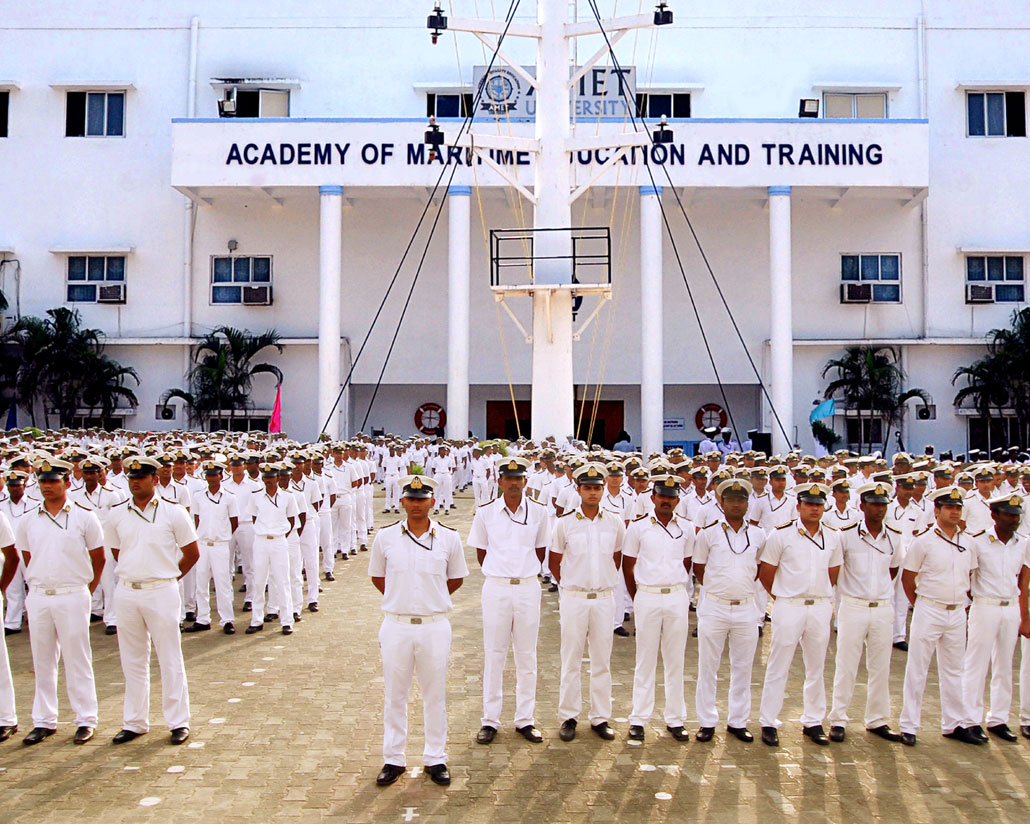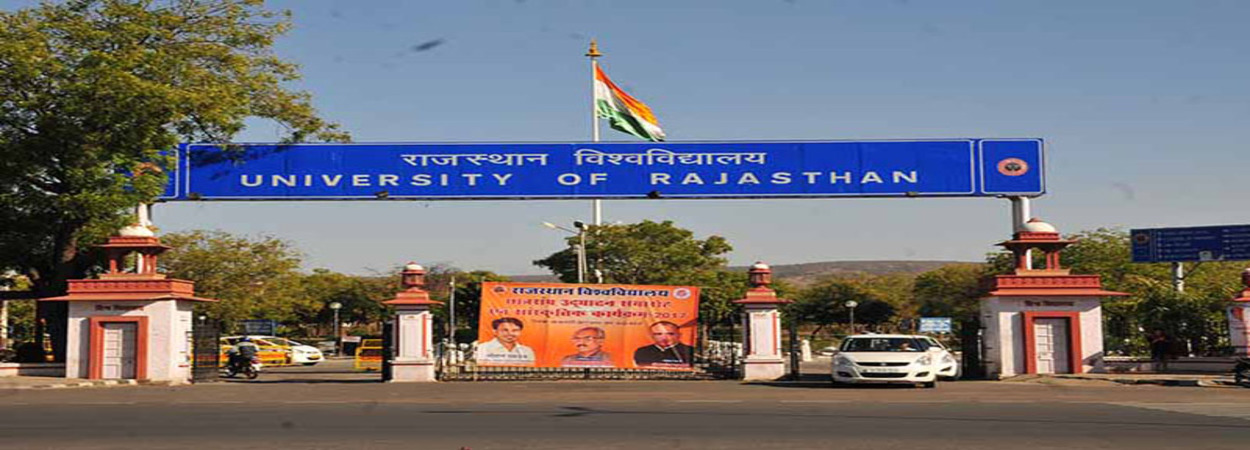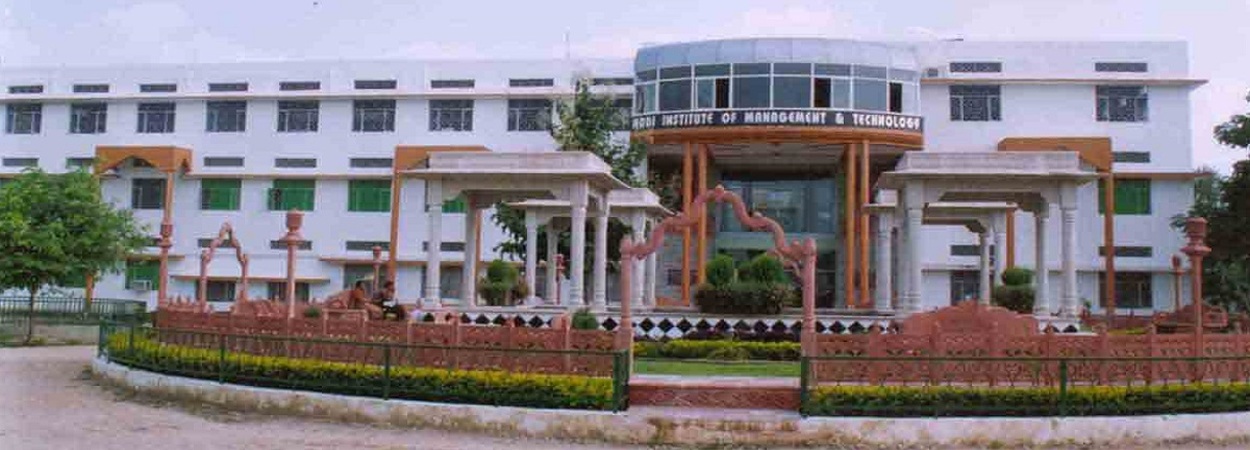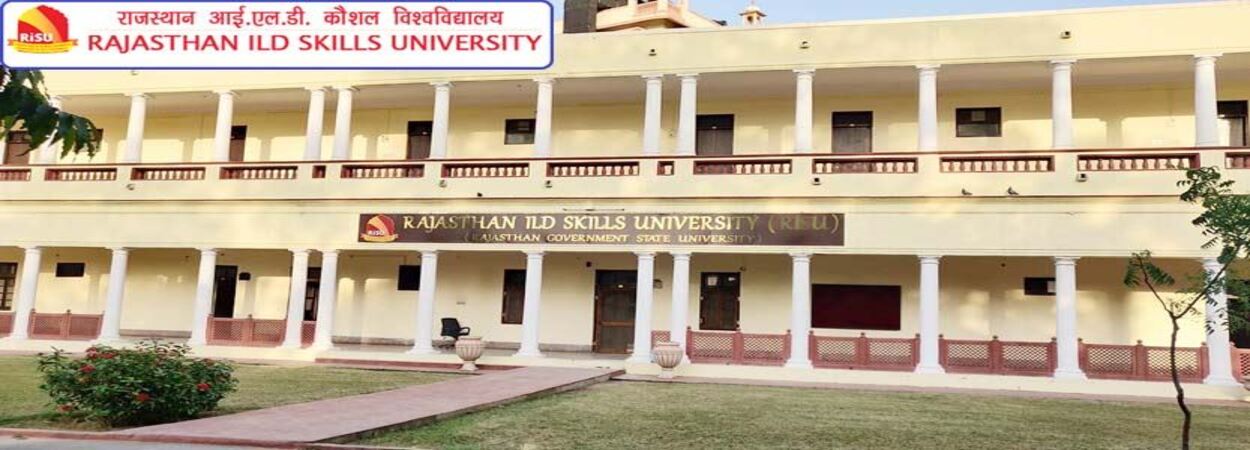Introduction about Ph.D. From Academy of Maritime Education and Training
The Academy of Maritime Education and Training (AMET), located in Tamil Nadu, is a premier institution dedicated to shaping the future of maritime and related industries through world-class education and research. Established with the vision to provide specialized knowledge and practical expertise, AMET has emerged as a leading destination for aspiring professionals and researchers looking to excel in maritime studies, engineering, management, and other allied fields. The Ph.D. program offered at AMET is a testament to the university’s commitment to fostering innovation and critical thinking among scholars, enabling them to make significant contributions to both academia and industry.
Enrolling in a Ph.D. program at AMET provides a unique opportunity to delve into advanced research areas such as marine engineering, naval architecture, maritime logistics, port management, ocean studies, and more. The institution’s strong ties with global maritime organizations, state-of-the-art facilities, and experienced faculty members create an environment conducive to high-impact research. Whether you’re interested in sustainable shipping solutions, maritime policy, advanced propulsion systems, or coastal management, AMET offers a structured academic framework and comprehensive support to help you explore these frontiers.
One of the defining features of pursuing a Ph.D. at AMET is the focus on practical application. Doctoral candidates have access to cutting-edge simulation labs, modern research equipment, and industry-focused collaborations that allow them to tackle real-world challenges. This hands-on approach is complemented by a rigorous academic curriculum that emphasizes both theoretical and empirical methods, ensuring that scholars are well-rounded in their approach to problem-solving. Additionally, the serene coastal setting and well-equipped campus provide a conducive atmosphere for concentrated study and collaborative research endeavors.
Overall, a Ph.D. from the Academy of Maritime Education and Training not only strengthens your academic profile but also positions you to become a thought leader in the maritime sector. With the growing global focus on maritime sustainability, technological advancements, and international trade, a doctoral degree from AMET equips you with the expertise, network, and credentials needed to excel in a rapidly evolving industry. Whether you aim to advance your academic career, drive innovation in the corporate world, or contribute to policy-making, AMET’s Ph.D. program offers the ideal platform to realize your ambitions.
Fee Structure for Ph.D. in Academy of Maritime Education and Training
| Fee Component | Amount (INR) |
| Tuition Fee Per Year | ₹70,000 |
| Registration Fee | ₹10,000 |
| Total Fee (Approx. for Duration) | ₹3,00,000 |
Admission Process For Ph.D. in Academy of Maritime Education and Training
The admission process at AMET for the Ph.D. program is designed to identify dedicated researchers who exhibit a strong academic background and a clear vision for their research pursuits. Below is an outline of the steps involved:
- Start by visiting AMET’s official website to explore available Ph.D. specializations and eligibility criteria.
- Fill out the online application form with accurate personal and academic details.
- Submit a concise research proposal or statement of purpose outlining your research interests.
- Pay the application fee through the secure online payment portal.
- Shortlisted candidates may be called for an entrance exam or interview, depending on departmental requirements.
- Successful applicants will receive an offer letter, which must be accepted by paying the initial fees.
- Finalize your enrollment by submitting all required documents and completing any additional formalities.
Document Required For Ph.D. in Academy of Maritime Education and Training
To streamline your application process, it is essential to have the necessary documents prepared in advance. While specific requirements may vary by department, the following list provides a general guideline:
- Copies of academic transcripts (Bachelor’s and Master’s degrees) and certificates.
- Research proposal or Statement of Purpose (SOP) detailing your intended research area.
- Proof of identity (passport, Aadhaar card, or other valid ID).
- Updated Curriculum Vitae (CV) or resume, highlighting academic and professional achievements.
- Letters of recommendation from academic or professional referees (if required).
- Proof of payment for the application fee.
- Any published research papers or relevant project reports (if applicable).
Academy of Maritime Education and Training Ph.D. Syllabus
| Stage/Module | Description |
| Coursework Phase | Advanced courses in research methodology, maritime studies, and specialized electives to establish a strong academic foundation. |
| Research Proposal Development | Workshops and seminars aimed at refining your research proposal, literature review, and hypothesis formulation. |
| Core Research Methodology | In-depth training in qualitative, quantitative, and mixed-method approaches, including data analysis and software tools. |
| Practical / Field Studies | Hands-on research in labs, maritime simulations, or industry collaborations under faculty supervision. |
| Thesis Writing & Defense | Guidance on structuring and writing the doctoral thesis, culminating in a formal defense before an academic committee. |
Academy of Maritime Education and Training Research Methodology
- Structured training in quantitative, qualitative, and mixed research methods.
- Utilization of advanced statistical software and maritime-specific simulation tools.
- Regular workshops on literature review, academic writing, and ethics in research.
- Opportunities for interdisciplinary research, combining maritime sciences with management, technology, and policy studies.
- Collaboration with global maritime institutions and industry partners for practical insights.
- Rigorous peer-review sessions to refine research objectives and methodologies.
Academy of Maritime Education and Training Highlights
| Aspect | Detail |
| Location | Tamil Nadu, India |
| Establishment | Renowned maritime-focused institution offering UG, PG, and Doctoral programs |
| Accreditation | Recognized by UGC and other maritime regulatory bodies |
| Academic Programs | Engineering, Maritime Studies, Management, Logistics, and Doctoral research opportunities |
| Infrastructure | State-of-the-art labs, simulators, libraries, and e-learning resources |
| Faculty | Seasoned academicians, industry professionals, and maritime experts |
| Research Culture | Emphasis on innovation, sustainability, and practical application in maritime sectors |
| Student Support | Scholarships, mentorship programs, and career guidance services |
| Campus Life | Maritime clubs, sports facilities, cultural events, and industry interactions |
| Collaborations | Partnerships with global maritime universities, shipping companies, and research institutions |
How To Apply For Ph.D. in Academy of Maritime Education and Training
- Visit the official AMET website and navigate to the “Ph.D. Admissions” section.
- Review the available specializations and confirm you meet the eligibility criteria.
- Fill out the online application form with accurate personal, academic, and professional information.
- Upload required documents, including academic transcripts and a research proposal.
- Pay the application fee via the secure payment gateway.
- Keep track of notifications regarding interviews or written tests.
- Attend any scheduled exam or interview as instructed by the university.
- Upon selection, finalize your admission by paying the initial tuition fee and completing enrollment procedures.
- Attend the orientation program to understand university policies and academic guidelines.
- Connect with your assigned research supervisor to initiate your doctoral journey.
Courses After Ph.D. in Academy of Maritime Education and Training
- Post-Doctoral Fellowships in specialized maritime and engineering fields.
- Advanced Certification Programs focusing on emerging maritime technologies.
- Faculty Development Programs for academic and teaching excellence.
- Executive Education in maritime management and strategic leadership.
- Short-term Diplomas in interdisciplinary areas such as maritime law or coastal sustainability.
Academy of Maritime Education and Training Scholarship
AMET is dedicated to making its Ph.D. programs accessible to a diverse pool of talented researchers. Recognizing the financial challenges that come with pursuing a doctoral degree, the university offers various scholarship schemes, fellowships, and research grants. These financial support structures are designed to help deserving candidates focus on their research without undue economic constraints. AMET’s scholarship initiatives often collaborate with government bodies, private industries, and international organizations, broadening the scope of available funding. Whether you are a high-achieving academic, a professional returning to research, or someone passionate about maritime innovation, there may be a scholarship option suited to your background and research goals.
Applicants are typically required to submit evidence of academic merit, such as transcripts and published work, along with their scholarship application. Some scholarships may focus on specialized research areas, like sustainable maritime practices or advanced marine engineering, providing additional stipends for project-related expenses. Merit-based awards often come with partial or full tuition fee waivers, while need-based programs may consider an applicant’s financial situation. Furthermore, certain fellowships require scholars to work on specific projects in partnership with industry sponsors, offering valuable hands-on experience in addition to financial aid.
Overall, these scholarship programs underscore AMET’s commitment to advancing maritime education and research. By reducing financial barriers, the university aims to foster a community of scholars capable of making substantial contributions to maritime technology, policy, and environmental stewardship. Once a candidate secures a scholarship, they also gain access to mentorship and networking opportunities that can significantly enhance their research and professional trajectory. As part of its broader vision to encourage innovation and academic excellence, AMET continually reviews and updates its scholarship offerings, ensuring that every deserving student has a fair chance to excel in their doctoral pursuits.
- Merit-Based Scholarships: Rewarding exceptional academic performance.
- Project-Specific Fellowships: Targeting research in areas deemed high-priority by the university or sponsors.
- Government-Funded Programs: For eligible candidates under various national schemes.
- Industry Collaborations: Financial support from shipping companies and maritime organizations.
- Need-Based Assistance: Aimed at students requiring additional financial support.
Academy of Maritime Education and Training FAQ's Regarding Ph.D.
- Q: What are the basic eligibility criteria for a Ph.D. at AMET?
A: You generally need a Master’s degree in a relevant field with a minimum qualifying percentage or CGPA, as specified by the university. - Q: Is there an entrance exam for Ph.D. admissions?
A: Yes, shortlisted candidates may be required to take a written test and/or appear for an interview, depending on the department. - Q: Can international students apply for the Ph.D. program?
A: Absolutely. International applicants are welcome, subject to meeting academic and visa requirements. - Q: What is the duration of the Ph.D. program at AMET?
A: Typically, the program ranges from 3 to 5 years, depending on research progress and complexity. - Q: Are there part-time Ph.D. options available?
A: Some departments do offer part-time or external Ph.D. pathways, especially for working professionals. - Q: Does AMET offer scholarships for Ph.D. students?
A: Yes, multiple scholarship and fellowship options are available, including merit-based, project-specific, and government-funded schemes. - Q: What research facilities does AMET provide?
A: The university boasts advanced simulation labs, well-equipped research centers, and collaborations with maritime organizations for practical exposure. - Q: Is publishing research papers mandatory during the Ph.D.?
A: While requirements can vary by department, most programs encourage or mandate publishing in peer-reviewed journals. - Q: How are research supervisors allocated?
A: Supervisors are assigned based on your research proposal, area of specialization, and faculty availability. - Q: What career opportunities are available after completing a Ph.D. from AMET?
A: Graduates can pursue academic roles, leadership positions in maritime organizations, or research and consultancy in both public and private sectors.

















